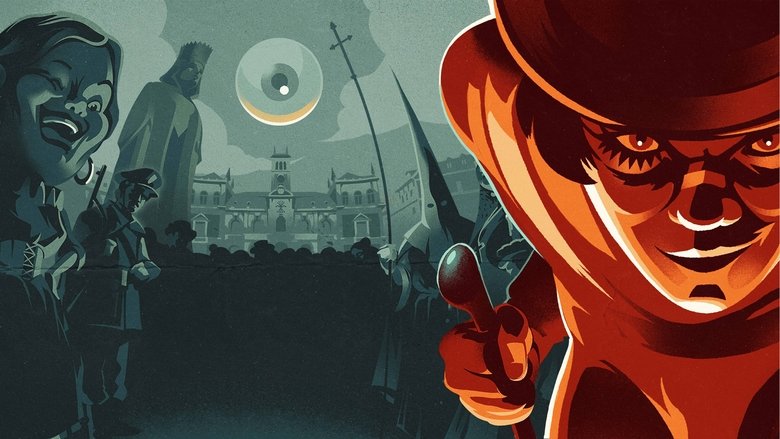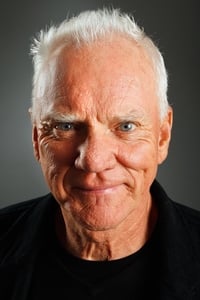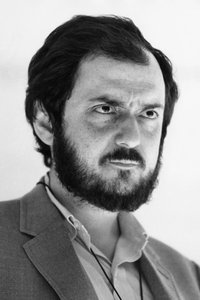A Forbidden Orange
Genres
DocumentaryHistory
OverView
Spain, 1970s. A Clockwork Orange, a film considered by critics and audiences as one of the best works in the history of cinema, directed by Stanley Kubrick and released in 1971, was banned by the strict Franco government. However, the film was finally premiered, without going through censorship, during the 20th edition of the Seminci, the Valladolid Film Festival, on April 24, 1975. How was this possible?
Others
Budget
$--
Revenue
$--
Status
Released
Original Language
Spanish
Runtime
85 mins
Rating
5.3/10
Release Date
23 October 2021
Country
Spain




